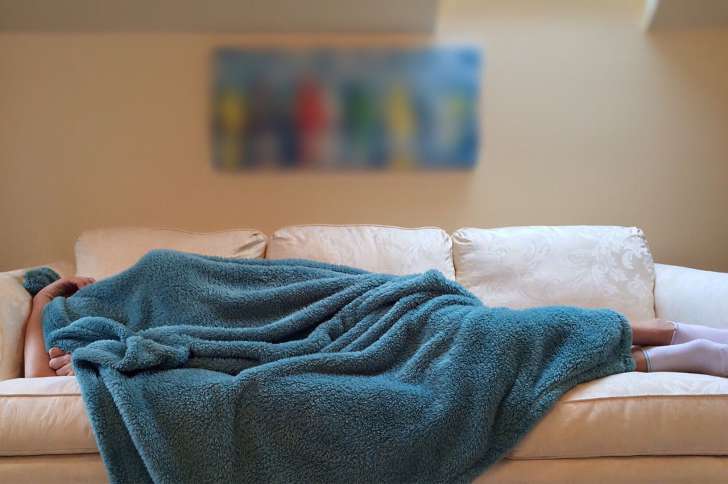Bedtime anxiety refers to anxious thoughts that may occur before bed, especially those related to worry, nervousness, and restlessness.
Why does anxiety occur at night
According to a 2022 study published in the journal Sleep Medicine Reviews, about 50% of people with an anxiety disorder also experience sleep problems.
One reason anxiety may be worse at night is that people simply have less outlet for nervous energy at night.

During the day, the brain is busy solving dozens of problems, but at night it often has nothing to occupy itself with, as a result of which it clings to any disturbing emotions and thoughts.
Worrying about how much and how well you'll sleep can itself affect the quantity and quality of your sleep, creating a seemingly never-ending cycle of anxiety and sleep problems.
How does night anxiety manifest
Panic attacks at night are sudden attacks of anxiety and fear (most often fear of death), occurring at night or during sleep and accompanied by severe autonomic symptoms - palpitations, a feeling of shortness of breath, profuse sweating, dizziness.
How does anxiety feel in the body
A sick person may experience heaviness in the chest, shortness of breath, and tremors in the arms and legs.
Frequent headaches, loss of appetite and sleep.
Unreasonable anxiety causes tension in all the muscles of the body, and fatigue appears even with little physical activity.
Previously we talked about how to get rid of childhood trauma.












